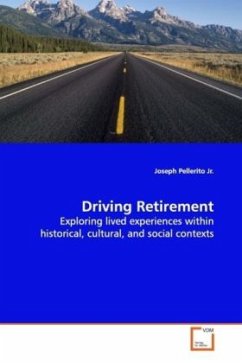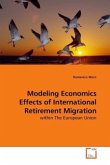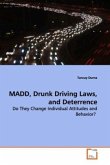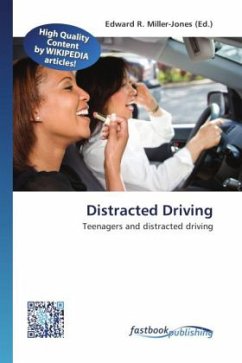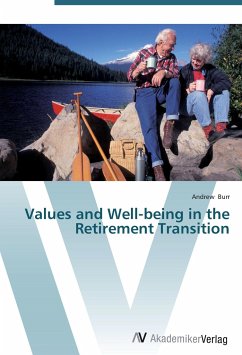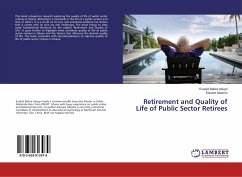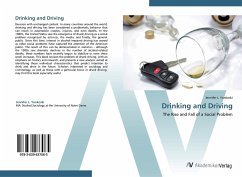Contemporary research indicates that elderly women
and men view driving retirement as a negative
experience with numerous disabling consequences
resulting in decreased quality of life. Scholarship
on successful aging, however, shows that seniors
generally define aging neutrally or positively.
Researchers have relied upon quantitative research
methods that lack the kinds of rich descriptions
gleaned from qualitative inquiries. Reducing driving
retirement to a finite list of negative consequences
does not fully convey meanings and lived experiences.
Driving retirement also has not been studied
systematically against a sociocultural backdrop that
could foster understanding within historical,
cultural, and social contexts. Thus, qualitative
research methods were employed in this study to
explore participants self-defined meanings of
driving and driving retirement. Driving retirement
resulted in three categories of subjective phenomena
including negative, positive, and mixed consequences.
The discoveries of positive and mixed effects provide
new perspectives not previously reported in the
literature.
and men view driving retirement as a negative
experience with numerous disabling consequences
resulting in decreased quality of life. Scholarship
on successful aging, however, shows that seniors
generally define aging neutrally or positively.
Researchers have relied upon quantitative research
methods that lack the kinds of rich descriptions
gleaned from qualitative inquiries. Reducing driving
retirement to a finite list of negative consequences
does not fully convey meanings and lived experiences.
Driving retirement also has not been studied
systematically against a sociocultural backdrop that
could foster understanding within historical,
cultural, and social contexts. Thus, qualitative
research methods were employed in this study to
explore participants self-defined meanings of
driving and driving retirement. Driving retirement
resulted in three categories of subjective phenomena
including negative, positive, and mixed consequences.
The discoveries of positive and mixed effects provide
new perspectives not previously reported in the
literature.

